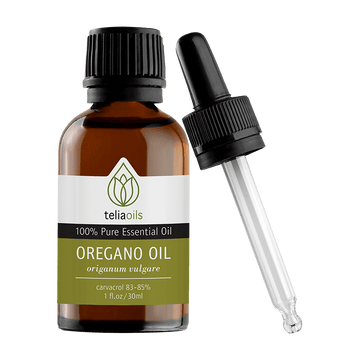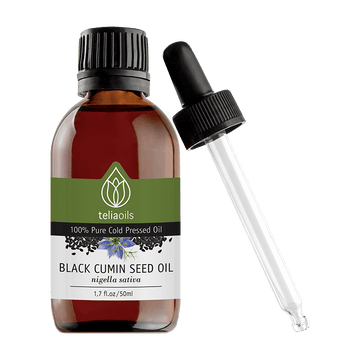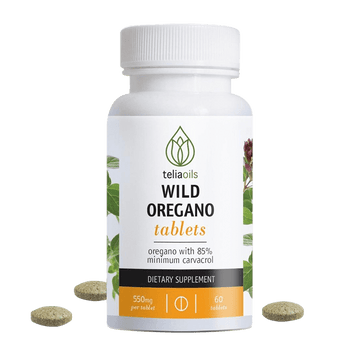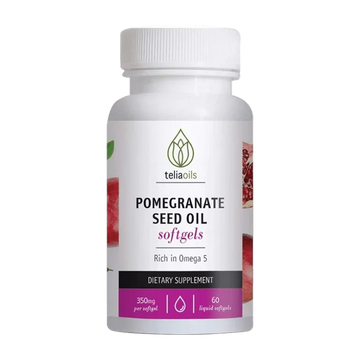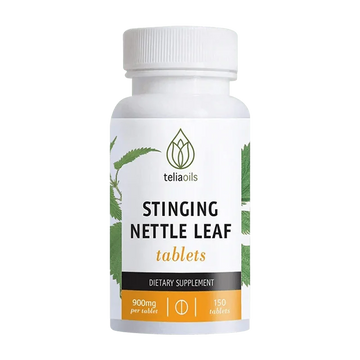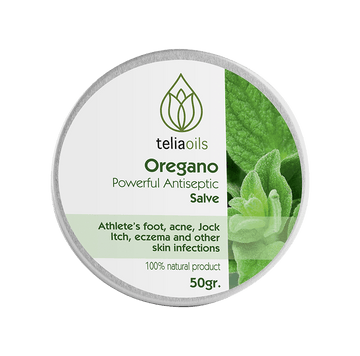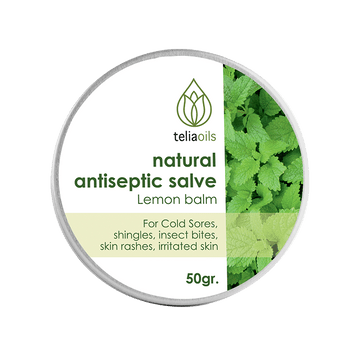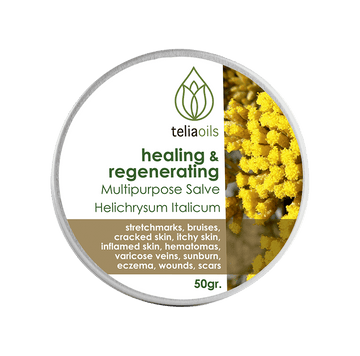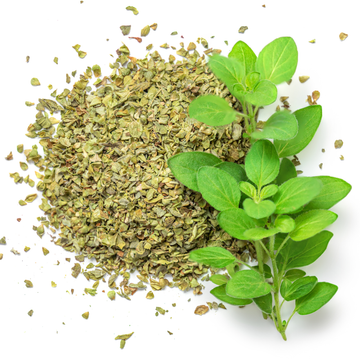Understanding Scalp Psoriasis: Causes, Symptoms, and Natural Solutions
by Dimitris Zikos on Jan 31, 2025
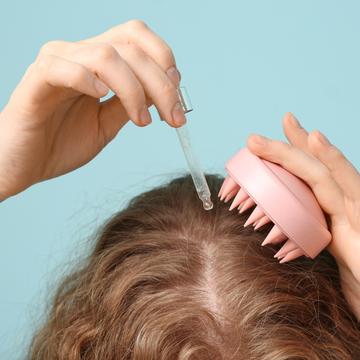
Scalp psoriasis is a chronic skin condition that affects millions of people worldwide. Characterized by red, scaly patches on the scalp, it can range from mild cases with fine scaling to severe forms involving thick, crusted plaques. Beyond its physical symptoms, scalp psoriasis can cause emotional distress, making it essential to understand the condition and explore natural solutions to manage it effectively.
What Causes Scalp Psoriasis?
Scalp psoriasis occurs when the immune system becomes overactive, causing skin cells to regenerate too quickly. While normal skin cells take about a month to renew, in psoriasis, this process happens in just a few days. The result is an accumulation of dead skin cells, forming the characteristic scales and plaques.
Common Triggers:
- Genetics: A family history of psoriasis increases your risk.
- Stress: Emotional stress can exacerbate symptoms.
- Infections: Illnesses like strep throat may trigger flare-ups.
- Environmental Factors: Cold weather, dry air, and certain medications can worsen the condition.
-
Lifestyle Factors: Smoking, alcohol consumption, and an unhealthy diet can contribute to flare-ups.
Symptoms of Scalp Psoriasis
The symptoms of scalp psoriasis vary from person to person but typically include:
- Red patches on the scalp, sometimes extending to the forehead, neck, or behind the ears.
- Silvery-white scales that may flake off, resembling dandruff.
- Itching ranging from mild to severe, which can lead to scratching and further irritation.
- Dry scalp that feels tight or painful.
-
Hair loss, often due to excessive scratching or inflammation (temporary and reversible with treatment).
Natural Solutions for Managing Scalp Psoriasis
While medical treatments like corticosteroids and prescription shampoos are often used, natural remedies can complement these approaches, reducing symptoms and improving scalp health without harsh chemicals.
1. Natural Oils for Scalp Relief
- Tea Tree Oil: Known for its antimicrobial and anti-inflammatory properties, tea tree oil helps reduce itchiness and inflammation. Mix a few drops with a carrier oil (like coconut oil) and apply it to the affected areas.
- Lavender Oil: Soothes irritation and promotes healing while calming the mind to reduce stress-induced flare-ups.
2. Black Seed Oil for Anti-Inflammatory Support
Rich in thymoquinone, black seed oil offers potent anti-inflammatory properties that can reduce redness and scaling. Massage the oil directly onto the scalp and leave it on for at least 30 minutes before rinsing.
4. Scalp Exfoliation
Gentle exfoliation helps remove scales and reduces buildup. Use a natural scrub made with sugar and coconut oil to massage the scalp, but avoid over-scrubbing to prevent irritation.
5. Dietary Adjustments
An anti-inflammatory diet rich in omega-3 fatty acids, fruits, vegetables, and whole grains can support overall skin health. Foods like salmon, walnuts, and flaxseeds are particularly beneficial.
When to See a Doctor
While natural solutions can be effective for mild cases, severe scalp psoriasis may require medical intervention. If you experience intense itching, significant hair loss, or thick plaques that resist home remedies, consult a dermatologist for tailored treatment options.
Scalp psoriasis can be challenging to live with, but understanding its causes, symptoms, and natural remedies can make a significant difference in managing the condition. By incorporating essential oils, hydrating ingredients, dietary changes, and stress management techniques, you can improve your scalp health and reduce flare-ups naturally.

